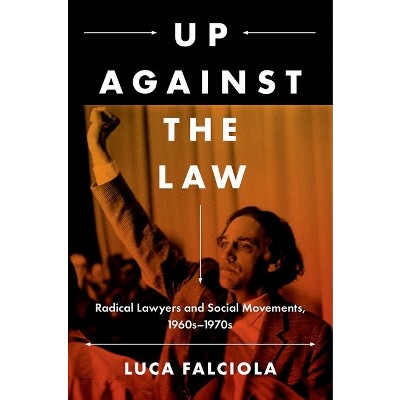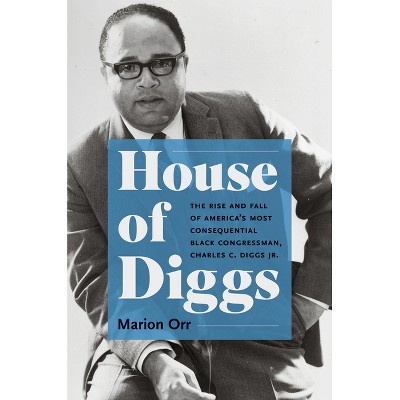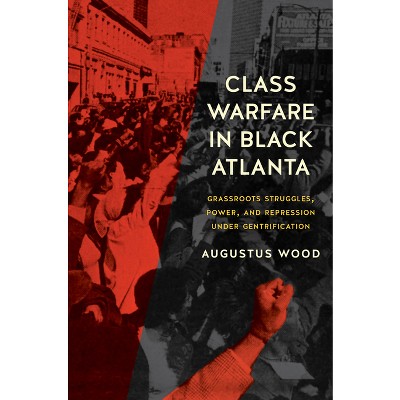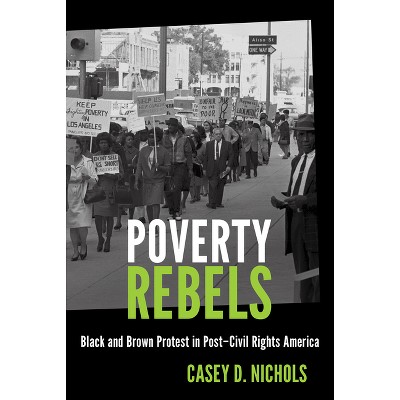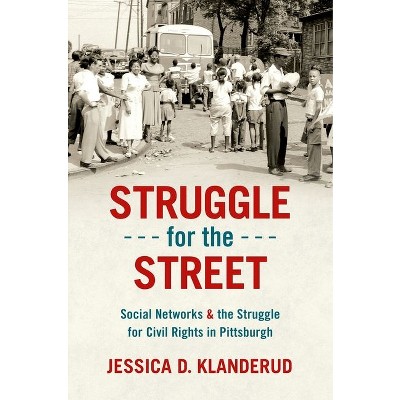Mississippi Law - (Justice, Power, and Politics) by Justin Randolph

About this item
Highlights
- In the segregated American South, policing was war.
- About the Author: Justin Randolph is assistant professor of history at Texas A&M University.
- 324 Pages
- Social Science, Ethnic Studies
- Series Name: Justice, Power, and Politics
Description
About the Book
"In the segregated American South, policing was war. Ungovernable police discretion came to the backroads and cattle pastures of America's rural countryside as ideas of race, property, and belonging reshaped state power. In Mississippi Law, Justin Randolph explores policing's hinterland to explain US racial authoritarianism between the Civil War and the civil rights movement. In Jim Crow Mississippi, the force behind the police officer's autocracy carried legacies of empire and slavery into the age of agribusiness and automobiles--from state troops and slave patrols to state troopers and highway patrols. But this was no isolated story of individual barbarism. US military and reform traditions informed ruling-class beliefs in thoughtful police improvement, through both the state militia and its inheritor, the state police. Black Mississippians fought to raise awareness for and defend their loved ones against the violence spawned by paramilitary police reform. Some took up arms against police officers; some imagined a legal off-ramp to remake public safety after Jim Crow. Ultimately, the Americanization of what one activist called 'Mississippi Law' came with more funding and more authority for policing, a key piece of infrastructure for the age of mass incarceration that followed the civil rights revolution. Recounting the work of famous and forgotten activists, Mississippi Law is a genealogy of Jim Crow rule and dreams of a safety that might have been and might yet be"-- Provided by publisher.Book Synopsis
In the segregated American South, policing was war. Rampant police violence came to the back roads and cattle pastures of America's rural countryside as ideas of race, property, and belonging reshaped the role of government in everyday life. In Mississippi Law, Justin Randolph explores rural law enforcement to explain US racial authoritarianism between the Civil War and the civil rights movement. In Jim Crow Mississippi, the force behind the police officer's autocracy carried legacies of empire and slavery into the age of agribusiness and automobiles--from state troops and slave patrols to state troopers and highway patrols. But this is no isolated story of individual barbarism. US military and reform traditions informed ruling-class beliefs in thoughtful police improvement through both the state militia and its inheritor, the state police.
Black Mississippians fought to raise awareness and defend their loved ones against the violence spawned by paramilitary police reform. Some took up arms against police officers; others imagined a legal off-ramp to remake public safety after Jim Crow. Ultimately, the transformation of what one activist called "Mississippi Law" came with more funding and more authority for policing, a key piece of infrastructure for the age of mass incarceration that followed the civil rights revolution. Recounting the works of both famous and forgotten activists, Mississippi Law is a genealogy of Jim Crow rule and dreams of a safety that might have been and might yet be.
Review Quotes
"A deeply researched and precisely observed history of police power that merits serious engagement. Connections between America's plantation past and mass incarceration are often asserted but rarely demonstrated. Here, they receive the attention they deserve."--Walter Johnson, author of The Broken Heart of America: St. Louis and the Violent History of the United States
"Randolph convincingly charts how local rivalries for power among white sheriffs, private citizens, police and patrolmen in Mississippi gave way to alliances against Black political, social, and economic power during the high civil rights era. Mississippi Law is an impressive work of scholarship."--Jane Dailey, author of White Fright: The Sexual Panic at the Heart of America's Racist History.
"Randolph has written a landmark history of Jim Crow policing and the Black freedom struggle in Mississippi. In the process, he has contributed an invaluable study of race and rural law enforcement to the field of carceral studies."--Jason Morgan Ward, author of Hanging Bridge: Racial Violence and America's Civil Rights Century
"This powerful history of policing in the rural South reveals the origins of law enforcement as white control of Black mobility and freedom. Amid today's calls for police reform and abolition, this book reminds us why history matters."--Françoise N. Hamlin, author of Crossroads at Clarksdale: The Black Freedom Struggle in the Mississippi Delta After World War II
About the Author
Justin Randolph is assistant professor of history at Texas A&M University.





